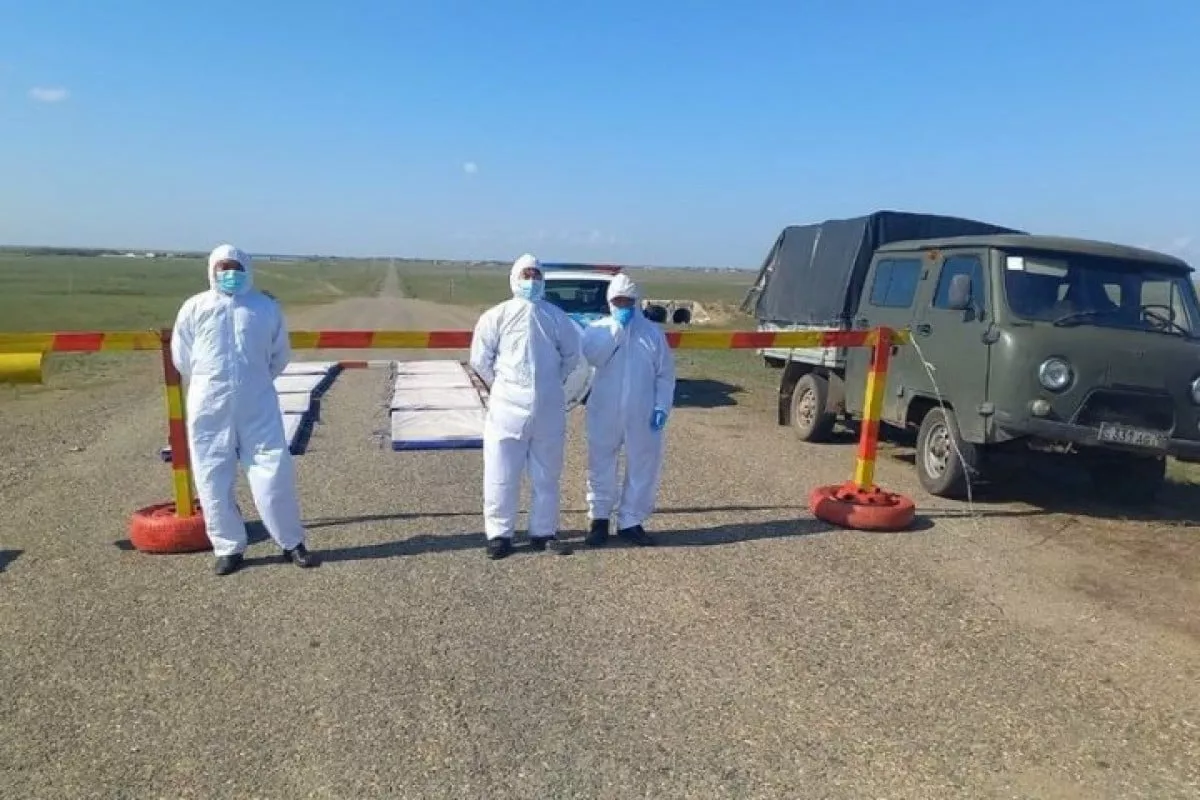Measures against the spread of Siberian ulcer have been intensified

On Friday, July 11, it was reported that amid the worsening epizootic situation in neighboring countries, Uzbekistan is implementing comprehensive measures to strengthen veterinary and sanitary-epidemiological control. This was reported by Upl.uz.
The reason for this is the reported spread of anthrax in certain regions of Tajikistan and Kazakhstan. This situation forced the official Tashkent to take immediate measures to create a reliable sanitary shield within its borders.
According to information from neighboring republics, the increase in cases of the disease among agricultural animals is causing serious concern. In particular, in some provinces of Kazakhstan, local authorities have implemented quarantine measures to warn and prevent the spread of the disease.
Farhod Qurbonbekov, head of the epidemiology and dangerous infections department of the sanitary-epidemiological welfare committee, commented on the situation and the measures being taken. Anthrax, known among the people as "burning," is an acute infectious disease caused by the bacterium Bacillus anthracis.
The disease primarily transmits from infected animals to humans, which is why agricultural workers — farmers, livestock breeders, veterinary specialists, and employees of meat processing enterprises are considered to be at high risk. As experts have noted, the most common form of the disease is the cutaneous form, which accounts for 99 percent of all cases.
Painless sores with a black center appear on the skin, surrounding tissues swell, and nearby lymph nodes react. If medical assistance is sought in a timely manner, this form is successfully treated.
However, the pulmonary, intestinal, and septic forms are much more dangerous and can lead to death. According to experts, human infection occurs in several cases.
These include slaughtering sick animals without veterinary supervision, direct contact with untreated skin or wool, and consuming meat from infected animals without sufficient thermal processing. Uzbekistan has established a multi-layered prevention system against this threat.
This system includes mandatory annual vaccination of all pets. Additionally, animals intended for commercial purposes are only allowed to be slaughtered in specially designated slaughterhouses, and this process is under the supervision of veterinary specialists.
All meat products brought to markets and trade networks undergo mandatory laboratory testing. In cases of suspected or confirmed anthrax, infected carcasses are immediately incinerated and are not allowed to be processed.
Selling meat in unauthorized places, including street shops, is strictly prohibited, and authorized bodies monitor compliance with this rule. Special attention is paid to border control.
Sanitary control has been intensified at 55 active crossing points on the state border, eliminating the likelihood of infection entering. Additionally, regular soil sampling and laboratory analysis are being conducted in areas where anthrax soil foci may exist.
Farhod Qurbonbekov emphasized that there are sufficient stocks of necessary medicines for diagnosing and treating the disease in Uzbekistan, and all conditions for urgent diagnostics have been created. At the same time, he noted that preventing the spread of infection is the collective responsibility of all citizens.
Citizens are urged to strictly adhere to sanitary rules, keep areas designated for livestock clean, ensure animals undergo planned vaccinations, and report any alarming signs that arise

